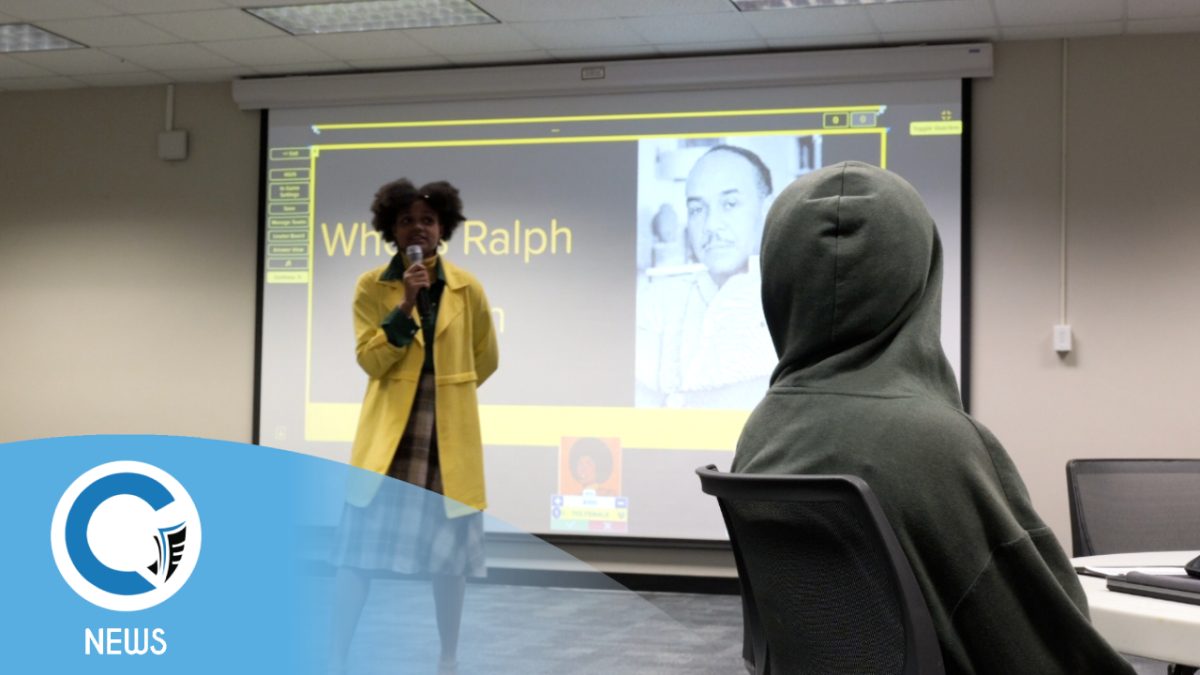A generation’s obsession with love-laden literature is partly a consequence of its loneliness.
As an avid, lifelong reader, I was absorbed into the “Book Tok” tornado that swept social platforms and audiences, with bibliophiles recommending books covering fantastical lands to philosophical development.
Among these genres, a following of romance and romcoms soared, and with it came a swell of hopeless romantics fawning over fictional characters and fabricated relationships.
Colleen Hoover, an established author since 2016, gained much of her notoriety through these media trends, landing a motion picture based on the famed “It Ends With Us,” with awards such as the bestselling novel in 2023 and a New York Times best-selling title for August 2024.
Reviews of Hoover’s book and others seemed unanimous in their praises for her writing, and the writing of newer authors reflecting her style, due to their complex, controversial and somber storylines.
And so, with the promise of intricate character development and tear-jerking plots, I dove into some of the highest-rated recent releases and returned disappointed.
I trekked across dozens of authors and series, including “It Ends With Us” and discovered overdone tropes, one-sided personalities and predictable conclusions.
These novels also featured toxic partnerships idealized by readers, and manipulative, narcissistic love interests who faced little repercussion for their actions.
This disillusion raised the question of how a set of individuals characterized by their consumption of fictional and factual information could remain loyal to underwhelming literature as what was pushed across social media, especially when influencer recommendations of other literary categories proved profound and awe-inspiring.
The answer lies not in whether a book is objectively well-written or entertaining. It lies in how the characters and their seemingly fairy-tale circumstances fill a void within the reader left by a lack of emotional connection.
Referred to as the loneliness epidemic, several studies, including one conducted by Cigna, listed over 70% of Gen Z, a group digitally linked since birth, experiencing regular feelings of isolation.
A constant online connection caused a deficiency in foundational social skills, generating anxiety around face-to-face interactions and fueling a vicious cycle that prevents many from cultivating genuine, fulfilling relationships.
This is not just about romance but also just establishing healthy friendships and co-worker relations, which are crucial to mental health and well-being.
Humans instinctively gravitate toward what we feel compensates for what we lack.
Books stylized by their attempt at raw and realistic interactions create a space for audiences deprived of romantic and platonic intimacy to immerse themselves in the lives of fictional subjects. Lines blur, relationship expectations shift and
readers live vicariously through the narrations.
It should be mentioned that the movie release of Hoover’s “It Ends With Us” attracted criticism about its portrayal of portrayal of domestic violence.
Many deemed the main character’s actions irresponsible and belittling to the situation’s severity, including the refusal to separate the abuser from her child.
However, these objections were not as prevalent during the book’s initial popularity, which could be attributed to the imaginative freedom written narratives provide.
Reading to satisfy a need for connection encourages one to ignore a story’s flaws and superficial nature and alter their perception of the supporting elements to appease their loneliness.
When forging deep rooted relationships, nonverbal cues, physical touch and establishment of trust crowns face-to-face interactions as superior.
As a generation, a conscious effort needs to be made toward recognizing entertainment as just that, and not a substitute for human interaction.































